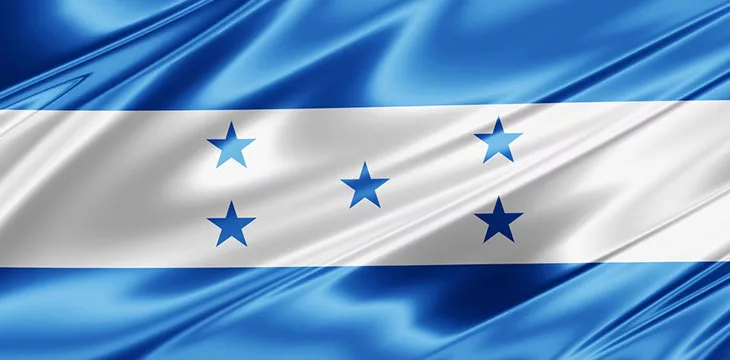|
Getting your Trinity Audio player ready...
|
Honduras has signaled an intention to begin experiments on a central bank digital currency (CBDC), with a goal to improve financial inclusion metrics among citizens.
The Central Bank of Honduras said it plans to explore the viability of a retail CBDC in the financial system and has confirmed the launch of a public consultation, seeking the opinion of industry stakeholders and academics on the direction it should take for a potential rollout.
Participants of the consultative process have a two-month window to submit their responses to the banking regulator. Per the accompanying consultative paper, the central bank hints that improving the state of financial inclusion will be a top priority in its CBDC plans, with early CBDC studies indicating promise.
Data from the World Bank reveals that less than 40% of citizens possess bank accounts, but with over 80% of citizens owning a mobile phone, turning to CBDCs offers a chance to improve the existing financial inclusion numbers.
The government is keen on luring users with 24/7 instant settlement and lower fees to trigger usage. While payment platforms offering similar services currently exist in Honduras, several things could be improved with their use, including access to only financial institutions.
Another prime use case for the banking regulator is the deployment of a retail CBDC in cross-border transactions. Currently, remittance to the Central American country is challenged by high costs and slow settlement times, and CBDCs offer the opportunity to improve the state of things.
Apart from financial inclusion and cross-border transactions, the central bank’s consultation paper indicated plans to enable interoperability between existing payment systems in the countries.
Honduras’ drive to launch CBDCs sees it lean on the International Monetary Fund (IMF) for technical direction to roll out a digital version of its legal tender. The IMF suggested that Honduras pay close attention to the CBDC developments in Brazil and India, but critics have pointed out that both systems are juggling wholesale and retail CBDC pilots.
Given that Honduras’ Caribbean neighbors of Jamaica and The Bahamas have launched their CBDCs, the country could accelerate its studies to join their ranks.
A mad dash for CBDCs
A new study from the U.S.-based Atlantic Council has confirmed that 98% of the world’s economy is experimenting with CBDCs. Among the G20 nations, only Argentina is not researching the prospects of CBDCs, while developing countries are already leading the charge in the dash for CBDC rollout.
Amid the push, the IMF launched a handbook to offer technical guidance, while the Bank for International Settlements (BIS) has stated its commitment to assist central banks in developing their CBDCs. G20 and G8 nations are also pushing for common global standards for banking regulators to adhere to in their CBDC design as the global financial industry braces for impact.
To learn more about central bank digital currencies and some of the design decisions that need to be considered when creating and launching it, read nChain’s CBDC playbook.
Watch: CBDCs and BSV

 08-31-2025
08-31-2025 





